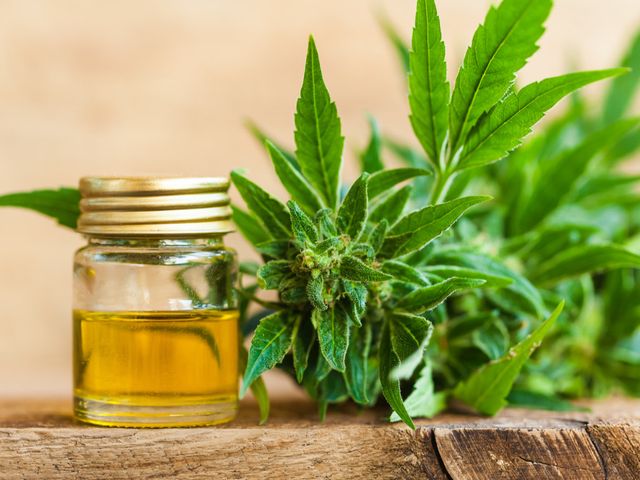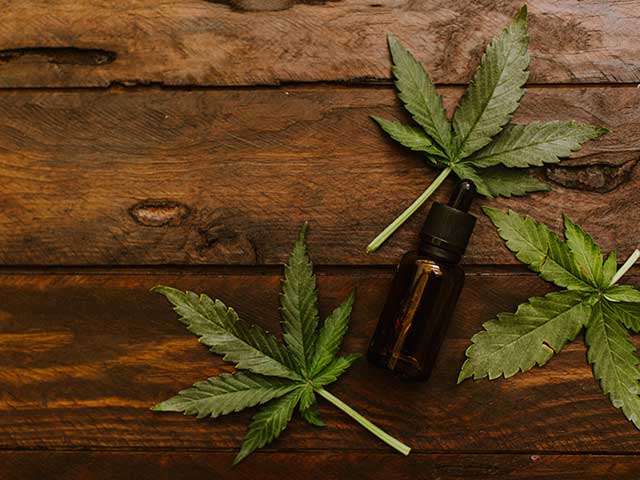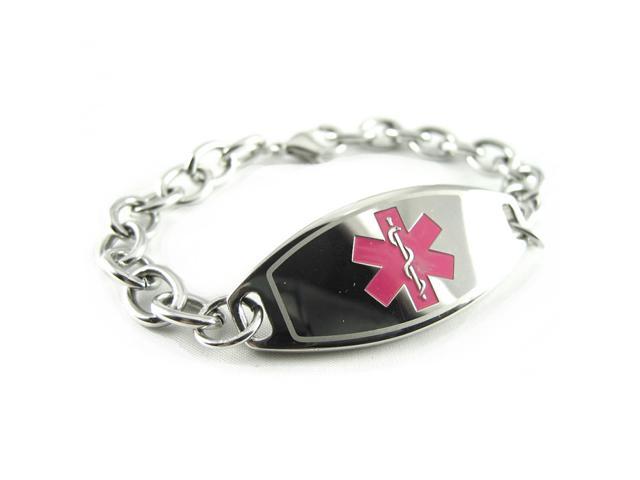In a fast-paced world where stress and anxiety seem to be constant companions for many, the search for effective remedies has led to increased interest in alternative solutions. One such solution that has gained significant attention in recent years is cannabidiol or CBD. Derived from the hemp plant, CBD is renowned for its potential therapeutic benefits, including its purported ability to alleviate anxiety and stress. But does CBD truly live up to the hype as a stress-relieving agent? Let’s delve into the science behind CBD and its impact on anxiety.
Understanding Anxiety and Stress
Before exploring the potential benefits of CBD, it’s crucial to understand what anxiety and stress entail. Anxiety is a natural response to stress, characterized by feelings of apprehension, worry, and nervousness. While occasional anxiety is a normal part of life, chronic anxiety can significantly impair an individual’s well-being and quality of life. Similarly, stress is the body’s response to external pressures or demands, triggering a cascade of physiological and psychological reactions. Prolonged stress can lead to adverse health effects, including increased risk of anxiety disorders, depression, and other mental health conditions.
The Role of CBD in Anxiety Management
CBD interacts with the body’s endocannabinoid system, a complex network of receptors and neurotransmitters involved in regulating various physiological processes, including mood, stress response, and emotional well-being. Unlike tetrahydrocannabinol (THC), another compound found in hemp known for its psychoactive effects, CBD is non-intoxicating and does not produce a “high.”
Several studies have investigated the potential anxiolytic (anxiety-reducing) effects of CBD, with promising results. A review published in the journal Neurotherapeutics examined existing preclinical and clinical evidence on CBD’s efficacy for anxiety-related disorders. The review concluded that CBD shows potential as a treatment for various forms of anxiety, including generalized anxiety disorder (GAD), social anxiety disorder (SAD), post-traumatic stress disorder (PTSD), and obsessive-compulsive disorder (OCD).
One of the ways CBD may help alleviate anxiety is by influencing serotonin receptors in the brain. Serotonin is a neurotransmitter that plays a key role in regulating mood and emotions. By modulating serotonin signaling, CBD may promote feelings of calmness and relaxation, thereby reducing anxiety levels.
Additionally, CBD has been shown to interact with other neurotransmitter systems implicated in anxiety, such as the endocannabinoid system and the gamma-aminobutyric acid (GABA) system. By exerting modulatory effects on these systems, CBD may help restore balance and mitigate the physiological and psychological symptoms of anxiety. If you would like to learn more about CBD for anxiety, you may visit Meidi Light for further info.

Clinical Evidence and Patient Experiences
While more research is needed to fully elucidate CBD’s mechanisms of action and its efficacy for anxiety management, numerous anecdotal reports and preliminary studies suggest promising outcomes. Many individuals have reported experiencing relief from anxiety symptoms after using CBD products, ranging from oils and tinctures to capsules and edibles.
In a small clinical trial published in The Permanente Journal, researchers investigated the effects of CBD on anxiety and sleep in a cohort of 72 adults. Participants with anxiety and sleep concerns were given 25–175 mg of CBD per day in the form of capsules. Over the course of the study, the majority of participants experienced significant improvements in anxiety scores, with sleep scores also showing notable enhancements.
While these findings are encouraging, it’s important to interpret them with caution due to the limited sample size and the need for larger-scale clinical trials. Additionally, individual responses to CBD can vary based on factors such as dosage, administration method, and underlying health conditions.
Conclusion: Exploring the Potential of CBD for Anxiety Relief
In conclusion, the burgeoning interest in CBD as a potential remedy for anxiety underscores the need for further research and exploration. While existing evidence suggests that CBD may hold promise as an adjunctive therapy for anxiety disorders, more robust clinical studies are warranted to validate its efficacy, safety, and long-term effects.
If you’re considering incorporating CBD into your wellness routine to manage anxiety, it’s essential to consult with a healthcare professional to discuss potential risks, benefits, and appropriate dosing strategies. Additionally, ensure that you purchase high-quality CBD products from reputable sources to maximize safety and efficacy.
While CBD offers a novel approach to anxiety management, it’s not a panacea, and holistic strategies such as mindfulness, exercise, and therapy remain integral components of a comprehensive treatment plan. By combining evidence-based interventions with judicious use of CBD, individuals can take proactive steps towards alleviating stress and anxiety and enhancing their overall well-being.




